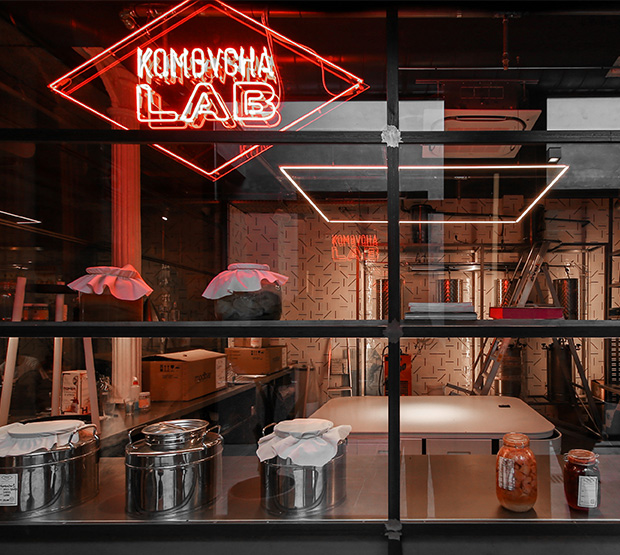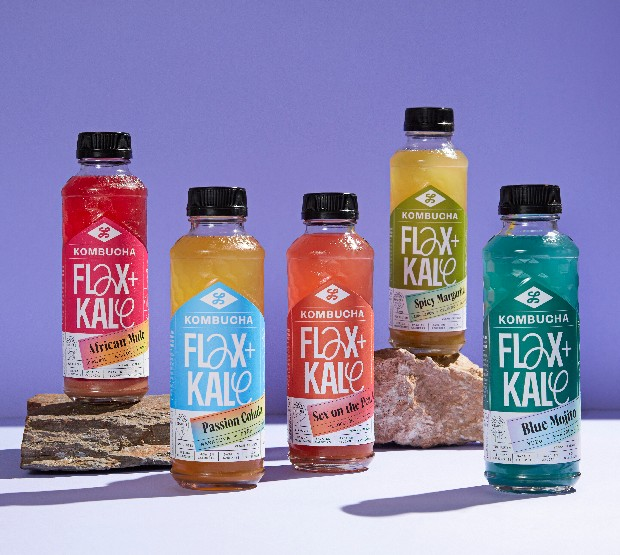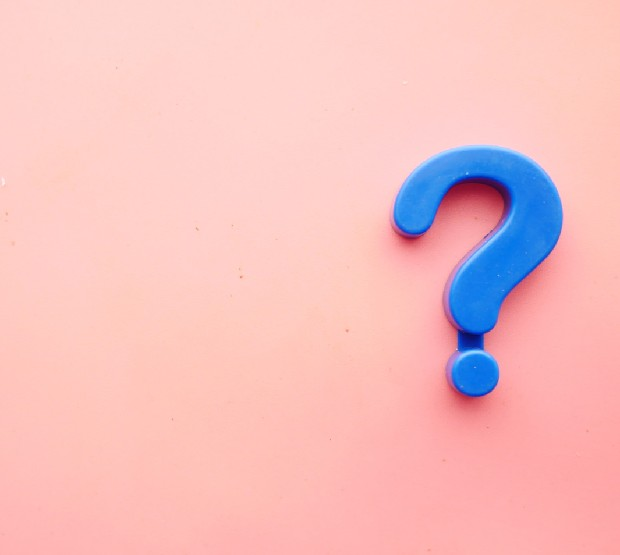The issue of milk and dairy has long disturbed the minds of researchers and health professionals. Here we want to share with you one of our readings about these foods widely used in Spanish cuisine. It isWe hope that after reading our review of David Ramón's book "Milk that you don't have to drink" you will learn something else and think twice about eating one or the other dairy.
Of all the books that exist onDairy is one of the most complete and well based on scientific evidence. Although in the more than 250 pages of the book , the only thing that is explained very extensively are the disadvantages and the risk of consumptionof milk for our health. The epigraph on the first pages of the book , Woody Allen's phrase, says it all: "In short, I would like to have some kind of positive message to leave you. But I don't have it. Would you accept two messages?negative? "- do not expect me to tell you that at least yogurt or kefir at least for something are good, NO! - milk is the bad one in the movie. Whether you agree or not, it is your decision, and that we will talk about at the end.
From the inuntil the end of the book , they blame dairy consumption for today's most popular diseases: allergies, intolerances, cancers, arteriosclerosis, type 1 diabetes, multiple sclerosis.Multiple, osteoporosis, arthritis, poisoning, anemia, Crohn's disease, autism and even cavities and chronic syndrome.
You may think that it is not true, that you can say anything and in reality it is not like that. Aunthat the facts are the facts. Because the entire book is based on a wealth of scientific studies and the opinion of some very great and very respectful experts in this field, including: Dr. Benjamin Spock, Dr. T. Colin Campbell and Dr. Stephen Walsh.
And why do they say that dairy consumption harms our health? How do they justify it?
In the book many mechanisms are mentioned, related to one or another substanceof milk, it can be natural or that appears during production.
Blaming dairy on all health problems, only 6 pages are devoted to such as fermented milk derivatives, which are known for their health properties, with very little explanation.
For example, they unmask the myth that milk provides a lot of calcium and it is necessary to drink it to prevent osteoporosis. It turns out that the calcium in milk is not entirely bioavailable, only 30% is absorbed. What's more, the acidic milk proteinsThey ffect the blood and the body to compensate for the pH, it draws calcium out of the bones, which is then lost in the urine. And most surprisingly, the countries that consume more dairy products have a higher prevalence of osteoporosis.osis and fractures. Chance? Another example with the main protein in milk, casein . Its entire molecules or peptides (the result of digestion), depending on the physiological condition of the person, can pass into the flintact blood flow and can cause allergies and autoimmune diseases. An interesting fact about casein, which form the casomorphins digested, some opiate substances and additives. This may explain why it is so complicatedMost people who want to stop eating dairy suffer especially with cheeses. It turns out that cheese has very high concentrations of casein and that is why when it is digested, more casomorphins are released than youThey attract and make you continue to consume it, and the more cured, the more it attracts you.
Apart from natural substances, which can cause certain diseases, cow's milk contains a list of substances that appear due to the treatment of animals.them with hormones, antibiotics, fish-based feed and other things. For example, recombinant bovine growth hormone (rBGH), which is widely used in the US to increase the yield of dairy cows, causes the highest secretion of the facinsulin-like growth tor (IGF-1), excess of which, in turn, is related to the development of cancers.
The book is based on many scientific studies and expert opinions in this field.
After reading the book you start to reflect and think if it is true that milk is so bad? Well, why did our ancestors consume quality dairy from "happy" cows and did not have these pro?health problems, which have now become almost epidemic? Perhaps there is a stronger link between all the processes and treatments that cows and industrial milk undergo and our state of health? Maybe you shouldn't blame everything on milk andshould it differentiate from supermarket milk from the milk of a "happy" country cow? Maybe they are totally different products and the only thing they have in common is the look?
There is more literature on this subject, for exampleI use Keith Woodford's book "Devil in the milk" that talks about a mutation in cows that can be the cause of the health problems you have.Let's go now and assume that not all milk is equally bad; by Melanie Dupuis "Nature's perfect food" , which talks about milk from the historic, which explains why we consume so much milk and perceive it as the basis of our diet; by Wiliam Campbell Douglass ll "The milk book" , htalks about the difference between supermarket milk and raw milk from the "happy" cow , unmasks the interests of the dairy industry and emphasizes the health properties of good milk.
The book "Leche you don't have to drink "provides a quite radical point of view against the consumption of milk. Although, it is important to know both sides of the coin and continue reflecting on the information received. For example, according to the booknine out of ten calves died after taking exclusively pasteurized milk ... And us? Something has to happen to us, right?






